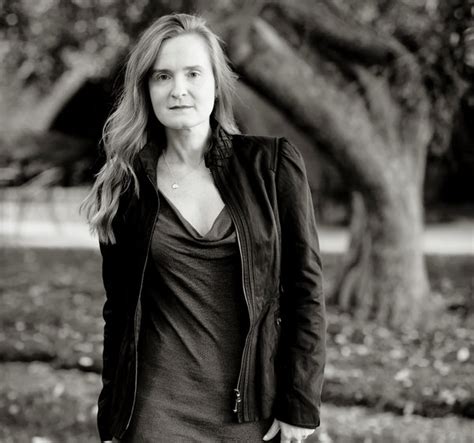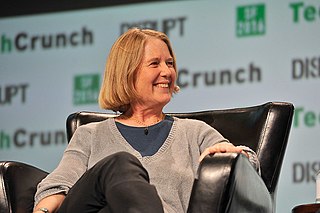A Quote by Edgar Allan Poe
In our endeavors to recall to memory something long forgotten, we often find ourselves upon the very verge of remembrance, without being able, in the end, to remember.
Related Quotes
A cruel joke has been played on us. We are fated always to remember what we learned but never to recall the experiences that taught us. Who can remember being born? Yet, it is possible to speculate that anxiety has its roots in this experience, that dread of abandonment, fears of separation, intolerable loneliness go back to this moment. Who can remember being cared for as an infant? ... Who can remember being toilet-trained? ... Who can remember the attachment which developed to the parent of the opposite sex? ... We cannot remember but what we have forgotten lives on dynamically.
Memory is corrupted and ruined by a crowd of memories. If I am going to have a true memory, there are a thousand things that must first be forgotten. Memory is not fully itself when it reaches only into the past. A memory that is not alive to the present does not remember the here and now, does not remember its true identity, is not memory at all. He who remembers nothing but facts and past events, and is never brought back into the present, is a victim of amnesia.
In time of crisis, we summon up our strength. Then, if we are lucky, we are able to call every resource, every forgotten image that can leap to our quickening, every memory that can make us know our power. And this luck is more than it seems to be: it depends on the long preparation of the self to be used.
Yom HaShoah is a vital day in the Jewish calendar, providing us with a focal point for our remembrance. We cannot bring the dead back to life, but we can bring their memory back to life and ensure they are not forgotten. We can undertake in our lives to do what they were so cruelly prevented from doing in theirs.
it’s true this world our breathing laboured inspires nothing more than obvious disgust a desire to flee without our share and no longer read the headlines we long to return to our ancestral home where our forebears once lived under an angel’s wing we long to find that strange morality which sanctified life to the end we crave something like loyalty like the embrace of mild addictions something that transcends yet contains life we cannot live far from eternity






































